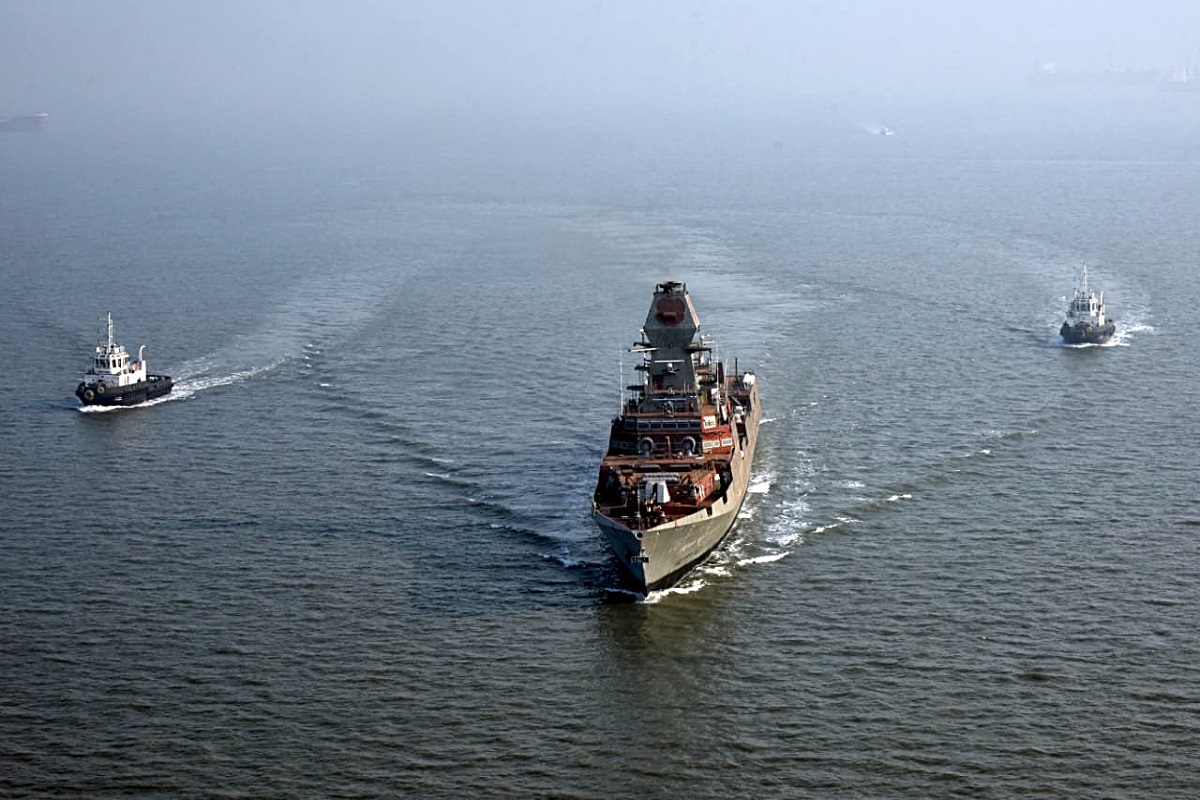In a strategic move echoing its growing capability and commitment to global stability, India has deployed an unprecedented naval force east of the Red Sea to counter the resurgence of piracy. This robust response, with at least a dozen warships, marks India’s most extensive deployment in the region to date, emphasising its role as a key player in maintaining global maritime security. While refraining from joining the US-led task force for the Red Sea, India’s decision to independently position warships in the Gulf of Aden and the northern and western Arabian Sea showcases a nuanced approach to regional challenges.
The move is not just about protecting Indian interests. It reflects a broader responsibility that India believes it must shoulder in times of crisis. External affairs minister S. Jaishankar encapsulated this sentiment at a recent public event, stating, “We will not be considered a responsible country when bad things are happening in the surrounding country and we say ‘I have got nothing to do with this.’” His words resonate with a vision of India as a proactive regional actor, willing to intervene and contribute to stability beyond its immediate borders. The decision to focus on countering piracy, a threat that has returned after a six-year lull, underscores India’s commitment to classic police work at sea.
Advertisement
The Indian Navy’s meticulous investigation of over 250 vessels and small boats, coupled with the boarding of more than 40, reflects a hands-on approach to addressing the resurgence of piracy in the region. At least 17 incidents, ranging from hijackings to suspicious approaches, have been recorded since December 1, underscoring the gravity of the situation. The complexity of the region’s challenges becomes apparent when juxtaposing the piracy issue with Yemen’s Iran-backed Houthis, who have been launching attacks in the Red Sea. While not directly connected, the surge in piracy incidents seems to be taking advantage of the West’s concentrated efforts on the Houthi conflict. The Indian Navy’s ability to navigate these distinct challenges showcases a multifaceted approach to regional security, acknowledging the interconnected nature of crises in the area. India’s regional security role is not limited to safeguarding its own interests.
Recent actions, such as rescuing Iranian and Sri Lankan vessels, highlight the Indian Navy’s commitment to being a regional security provider. The use of Iranian-made Shahed 136 drones in December’s attacks, without direct attribution to Tehran, emphasises the delicate diplomatic balancing act India is undertaking in the region. Experts aptly say that as a regional security provider, the Indian Navy is increasingly showcasing the ability to be able to protect not only the country’s interests but also give confidence to nations in the region that it is willing and able to shoulder regional responsibility. This encapsulates India’s evolving role on the global stage ~ a nation willing to step up and actively contribute to regional stability, setting the stage for a paradigm shift in how nations approach shared security concerns.









